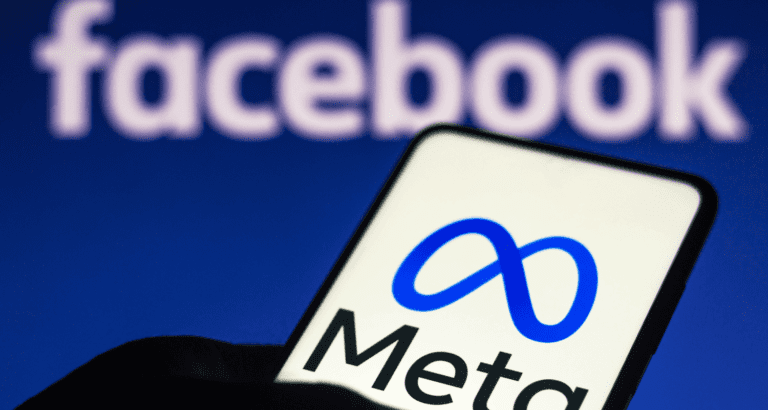Meta will allow users to not share personal information collected on Instagram with the services of Facebook and vice versa. The company changes the policy to comply with the Digital Markets Act (DMA), which is effective March 7. For all current users of Meta services, however, that legislation will still make little difference.
With the DMA, Europe aims to once again diminish the power of Big Tech. The rules will apply only to those companies previously designated as ‘gatekeepers‘, although there will be constant monitoring to see if changes to that list are needed.
Tighter crackdown on data collection
Meta is one of the companies on this list. Social media platforms Facebook and Instagram, chat services Messenger and WhatsApp and online sales platform Marketplace will all have to comply with the legislation. One of the rules prohibits the exchange of personal information between Meta’s various services.
The company has now clarified how it plans to implement that rule. This will be done through a notification in which users can indicate to not cross-share personal information.
Cumbersome process
That legislation should benefit user privacy, but we note two problems. First, Meta ensures the new rules will not impact the ad revenue of the company hard. To do so, it uses a notification giving users a choice, and as cookie notifications have already shown, many users will agree to an option without reading the text.
Also read: European Commission wants milder cookie requirements with voluntary initiative
Moreover, in some cases, getting the disconnection done is a time-consuming task. For example, to detach Messenger from Facebook, users have to create a completely new Messenger profile.
Already linked
In addition, this aspect of the DMA doesn’t solve anything right away. That is because Meta bought Instagram in 2012 to better map its users’ interests and preferences. So, data linking followed not long after the acquisition. For quite a few years now, the data linking of Meta users has been going on, and this cannot simply be undone. Consequently, our data will stay linked in Meta’s systems.
For future generations, though, the rules will have to benefit immediately. Of course, much depends on the final elaboration that Big Tech employs. That elaboration is often not in favour of user privacy. This is made obvious in a recent example in which Meta devised a cunning solution to continue collecting personal information from users despite the EU ban. In order to not be tracked, the user has to pay a subscription and this offends many parties.
Also read: Facebook and Instagram users can (almost) not withdraw tracking consent
